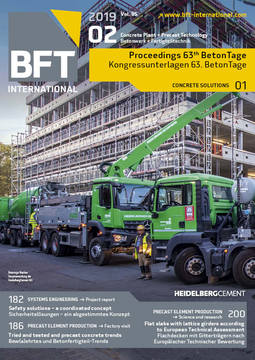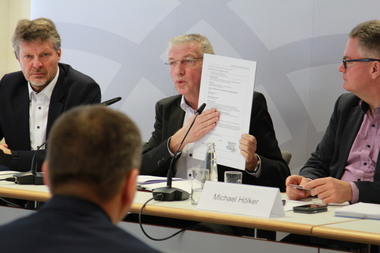Background and new provisions for masonry construction
Judgment C-100/13 delivered by the European Court of Justice on October 16, 2014 required the German building code legislation to be completely redesigned in order to conform to the EU Construction Products Regulation (CPR). The Model Building Code (Musterbauordnung; MBO) was revised, and the established system of building regulations lists (Bauregellisten), lists of technical building rules (Listen Technischer Baubestimmungen), general technical approvals (allgemeine bauaufsichtliche Zulassungen, abZ) etc. was replaced or amended, respectively, by a Specimen Administrative Provision on Technical Buildings (Muster-Verwaltungsvorschrift Technische Baubestimmungen; MVV TB) and general type approvals (Bauartgenehmigungen; aBG). Differentiating between the placing on the market and the use of products, as well as between building products and types, are of major importance here. There will be no changes for products that do not fall within the scope of a harmonized standard: if the products comply with a national residual standard (e.g. wallboards according to DIN 18162) according to Part C of the Model Administrative Provision on Technical Building Rules (previously Building Regulations List A, Part 1), placing on the market and use are directly governed by the residual standard. Since, according to current interpretation of the DIBt (German Institute of Building Technology), masonry blocks filled with insulating material do not fall within the scope of the European harmonized standard for concrete masonry blocks (DIN EN 771-3), and there are no relevant national residual standards, these systems of masonry blocks and masonry mortar are governed via general technical approvals in combination with general type approvals and, similar to products according to residual standards, may/must still bear the mark of conformity (Ü). General technical approvals that have as yet not been converted are to be regarded as general technical approvals (abZ) + general type approvals (aBG) according to Section 18 in connection with Section 16a Model Building Code (MBO). Non-filled masonry blocks made of concrete and lightweight concrete fall within the scope of DIN EN 771-3. They must be provided exclusively with the CE marking (not with CE marking and mark of conformity)! For use in Germany, either application standard DIN 20000-403 must be complied with in accordance with the Model Administrative Provision on Technical Building Rules (MVV TB), Part A (previously Model List of Technical Building Rules; Muster-liste der Technischen Baubestimmungen; MLTB), or a general type approval must be applied for in accordance with Section 16a (previously Section 18) of the Model Building Code (MBO). An alternative possibility will be the use of CE-marked products on basis of so-called “Herstellererklärungen” (see the chapter by Heller).





